Navigating The World Of Code Editors: A Comprehensive Guide To VS And VS Code
Navigating the World of Code Editors: A Comprehensive Guide to VS and VS Code
Related Articles: Navigating the World of Code Editors: A Comprehensive Guide to VS and VS Code
Introduction
In this auspicious occasion, we are delighted to delve into the intriguing topic related to Navigating the World of Code Editors: A Comprehensive Guide to VS and VS Code. Let’s weave interesting information and offer fresh perspectives to the readers.
Table of Content
Navigating the World of Code Editors: A Comprehensive Guide to VS and VS Code
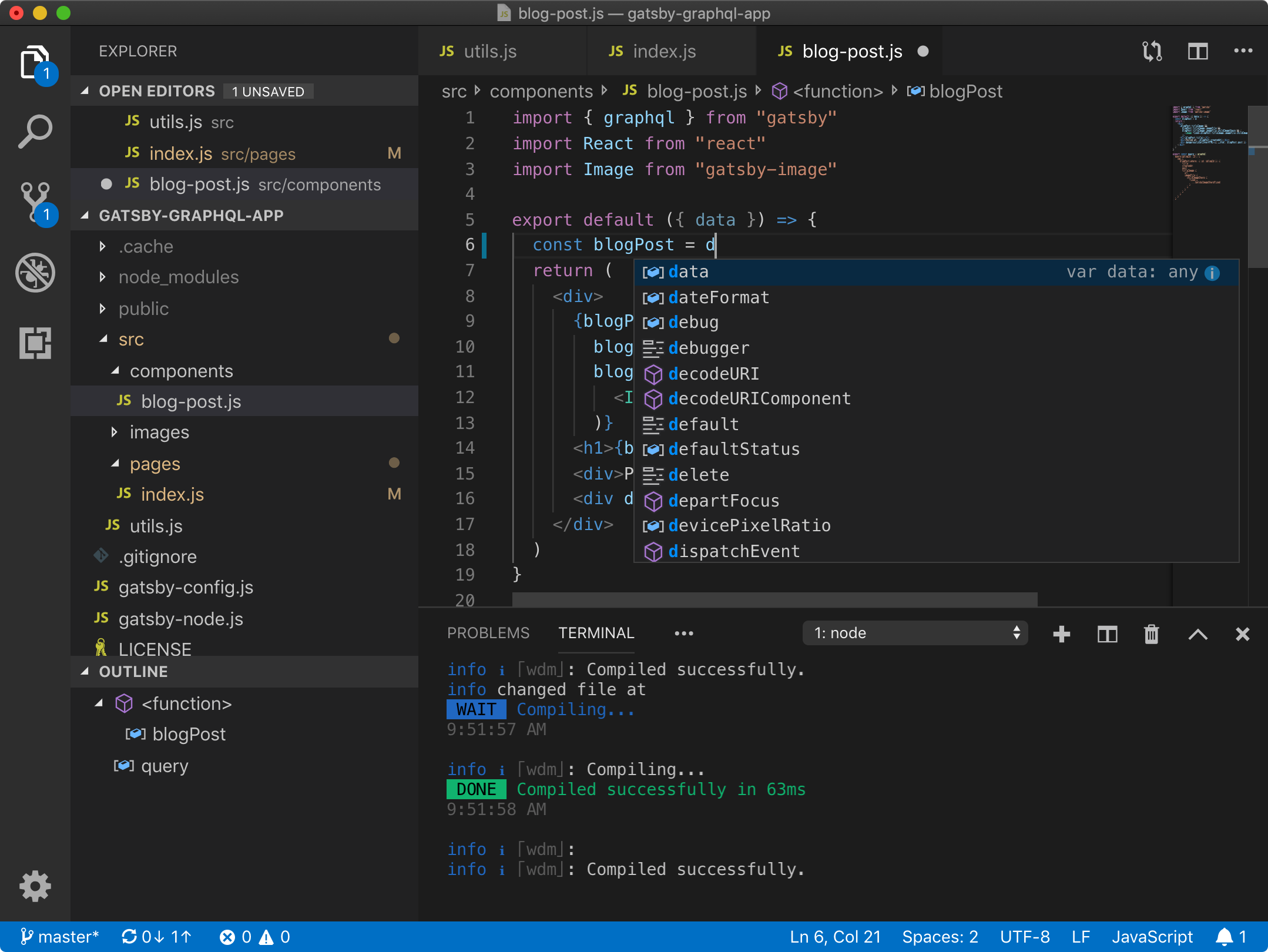
The world of software development is a vibrant ecosystem, constantly evolving with new tools and technologies. Among the essential tools for developers, code editors occupy a prominent position, offering a platform for writing, editing, and debugging code. Two popular choices in this realm are Visual Studio (VS) and Visual Studio Code (VS Code), each with its own strengths and functionalities. This comprehensive guide will delve into the nuances of these two development environments, providing a clear understanding of their differences, benefits, and suitability for various development tasks.
Visual Studio: A Comprehensive IDE for Diverse Development Needs
Visual Studio, a fully-fledged Integrated Development Environment (IDE), stands as a robust and feature-rich platform designed to cater to a wide spectrum of development needs. Its origins lie in Microsoft’s vision of providing a comprehensive development suite for various programming languages and platforms. Over the years, Visual Studio has evolved into a powerful tool, encompassing features such as:
- Multi-Language Support: Visual Studio offers native support for a vast array of programming languages, including C++, C#, F#, Python, JavaScript, TypeScript, and more. This versatility makes it an ideal choice for developers working on projects involving multiple languages.
- Rich Debugging Capabilities: Visual Studio boasts advanced debugging features, enabling developers to identify and resolve code issues with ease. The debugger provides step-by-step execution, breakpoint management, and variable inspection, facilitating efficient code troubleshooting.
- Extensive Toolset: Visual Studio comes equipped with a comprehensive set of tools designed to enhance developer productivity. These include a code editor with advanced syntax highlighting and code completion, a powerful build system, and a comprehensive testing framework.
- Cross-Platform Development: While Visual Studio is primarily associated with Windows, it has expanded its reach to macOS and Linux, enabling developers to work across different operating systems.
- Integrated Development Environment (IDE): Visual Studio goes beyond a simple code editor by integrating various development tools into a single, cohesive environment. This seamless integration streamlines workflows and enhances developer productivity.
Visual Studio Code: A Lightweight and Customizable Code Editor
Visual Studio Code (VS Code), a lightweight and versatile code editor, has gained immense popularity among developers due to its extensibility, customization options, and user-friendly interface. While it shares the "Visual Studio" name with its IDE counterpart, VS Code distinguishes itself as a streamlined and highly customizable code editor, catering to a diverse range of programming languages and development workflows.
- Lightweight and Fast: VS Code prioritizes speed and efficiency, offering a responsive and nimble code editing experience. Its lightweight nature makes it suitable for both resource-constrained machines and high-performance systems.
- Cross-Platform Compatibility: VS Code is a cross-platform code editor, seamlessly functioning on Windows, macOS, and Linux, enabling developers to work across different operating systems without compromising on functionality.
- Extensible Architecture: VS Code’s open-source nature and extensibility allow developers to customize the editor to their specific needs. A vast marketplace of extensions provides access to a wide range of functionalities, including language support, debugging tools, themes, and more.
- Powerful Debugging Features: VS Code offers robust debugging capabilities, allowing developers to debug their code efficiently. Its debugger supports various languages and provides features like breakpoints, step-by-step execution, and variable inspection.
- Integrated Git Support: VS Code seamlessly integrates with Git, enabling developers to manage their code repositories directly within the editor. This integration streamlines version control and collaboration workflows.
Choosing the Right Tool for the Job: Understanding the Key Differences
The choice between Visual Studio and VS Code hinges on the specific needs and preferences of the developer. While both offer powerful features for code editing and development, their core functionalities and target audience differ significantly.
Visual Studio:
- Ideal for: Large-scale projects, enterprise development, complex applications, .NET development, C++ development, and projects requiring advanced debugging and testing capabilities.
- Strengths: Comprehensive IDE, multi-language support, robust debugging tools, advanced build system, extensive tooling ecosystem, and integrated development environment.
- Limitations: Can be resource-intensive, heavier than VS Code, and may require a steeper learning curve.
Visual Studio Code:
- Ideal for: Web development, front-end development, scripting languages, smaller projects, rapid prototyping, and developers seeking a lightweight and customizable code editor.
- Strengths: Lightweight and fast, cross-platform compatibility, extensive extensibility, powerful debugging features, integrated Git support, and user-friendly interface.
- Limitations: Limited built-in features compared to Visual Studio, may require installing extensions for specific functionalities, and may not be suitable for complex enterprise-level applications.
Beyond the IDE vs Code Editor Debate: A Holistic Perspective
The choice between Visual Studio and VS Code is not a binary decision. Both tools can coexist within a developer’s workflow, catering to different aspects of a project. For instance, a developer working on a large-scale .NET application might use Visual Studio for its comprehensive IDE features and debugging capabilities, while simultaneously employing VS Code for rapid prototyping and front-end development tasks.
FAQs: Addressing Common Queries about VS and VS Code
Q: Can I use both Visual Studio and VS Code simultaneously?
A: Yes, there is no inherent conflict in using both Visual Studio and VS Code. Many developers utilize both tools concurrently, leveraging the strengths of each environment for different tasks.
Q: Is VS Code a free tool?
A: Yes, Visual Studio Code is a free and open-source code editor, available for download and use without any licensing fees.
Q: Is Visual Studio a free tool?
A: Visual Studio offers both free and paid versions. The "Community" edition is free for individuals, open-source projects, and small teams. However, features like advanced debugging, testing, and enterprise-level support are available in the paid versions.
Q: Which one should I learn first?
A: If you are new to programming, starting with VS Code is generally recommended due to its user-friendly interface, lightweight nature, and extensive documentation. Once you gain familiarity with the basics of code editing, you can explore Visual Studio for more advanced features and projects.
Q: Can I use VS Code for mobile app development?
A: While VS Code is primarily a code editor, it can be used for mobile app development with the help of extensions and frameworks. However, dedicated IDEs like Xamarin or Android Studio might be more suitable for specific mobile development platforms.
Tips for Maximizing the Potential of VS and VS Code
- Explore Extensions: Take advantage of the vast marketplace of extensions available for both VS and VS Code to enhance your development workflow.
- Customize Your Environment: Personalize your editor’s settings, themes, and keyboard shortcuts to create an environment that aligns with your preferences and improves productivity.
- Leverage Debugging Features: Familiarize yourself with the debugging tools available in both environments to effectively identify and resolve code issues.
- Stay Updated: Regularly update both VS and VS Code to benefit from the latest features, bug fixes, and performance enhancements.
- Engage with the Community: Participate in online forums, communities, and documentation to learn from other developers, share your knowledge, and stay informed about new trends.
Conclusion: Empowering Developers with the Right Tools
The choice between Visual Studio and VS Code ultimately boils down to individual needs and preferences. Both platforms offer a wealth of features and capabilities, empowering developers to create innovative software solutions. By understanding the strengths and limitations of each tool, developers can make informed decisions about the best environment for their specific development tasks. Whether you choose the comprehensive power of Visual Studio or the lightweight flexibility of VS Code, both platforms provide a solid foundation for building and shaping the future of software development.

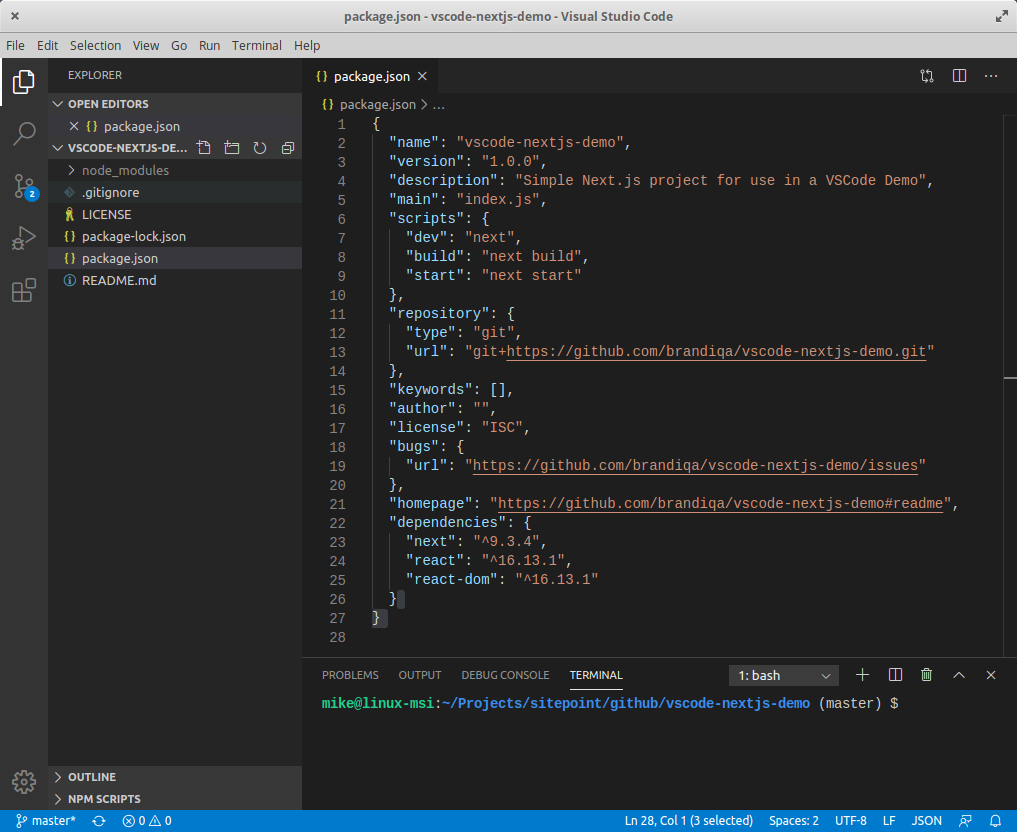
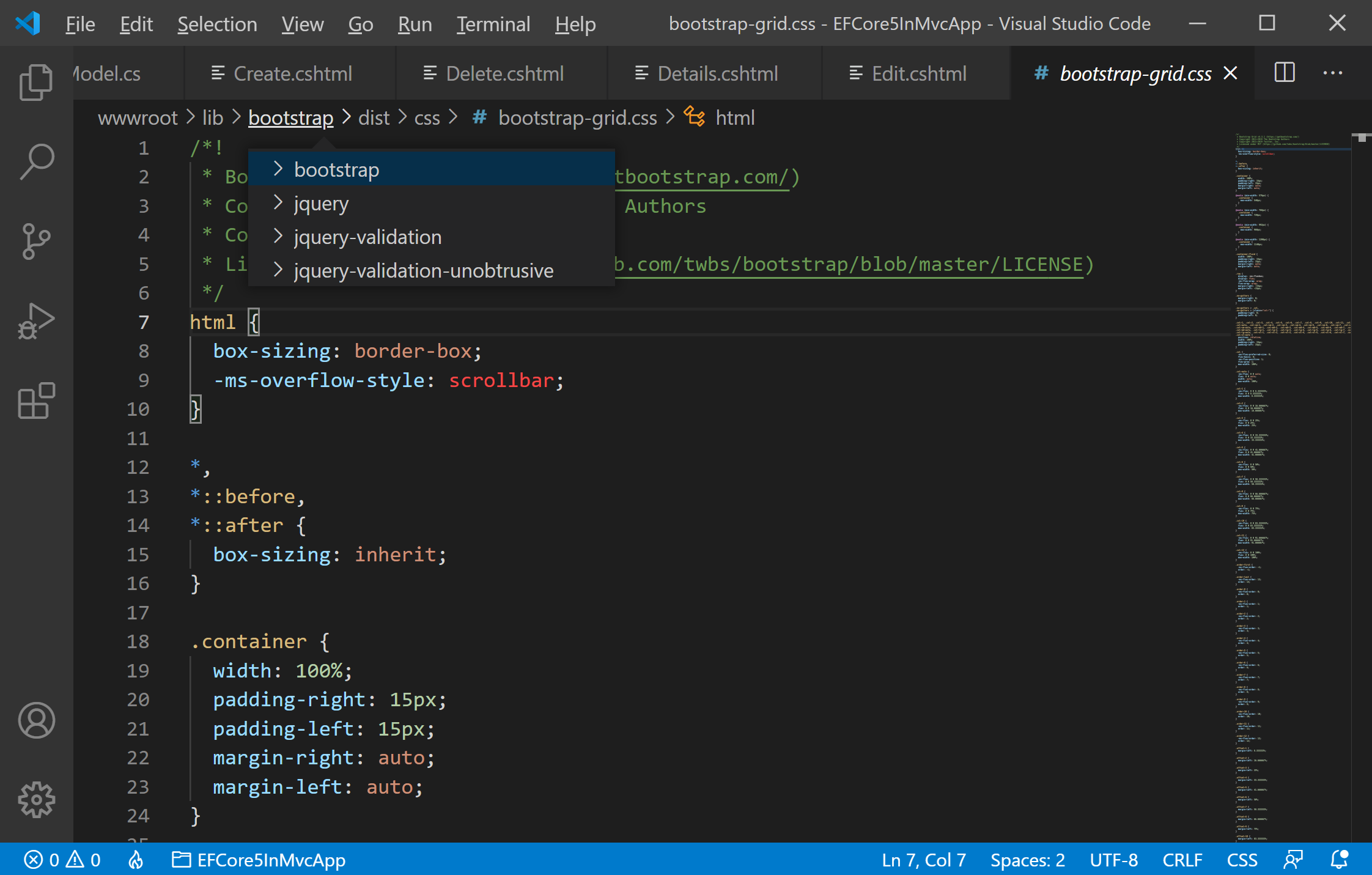
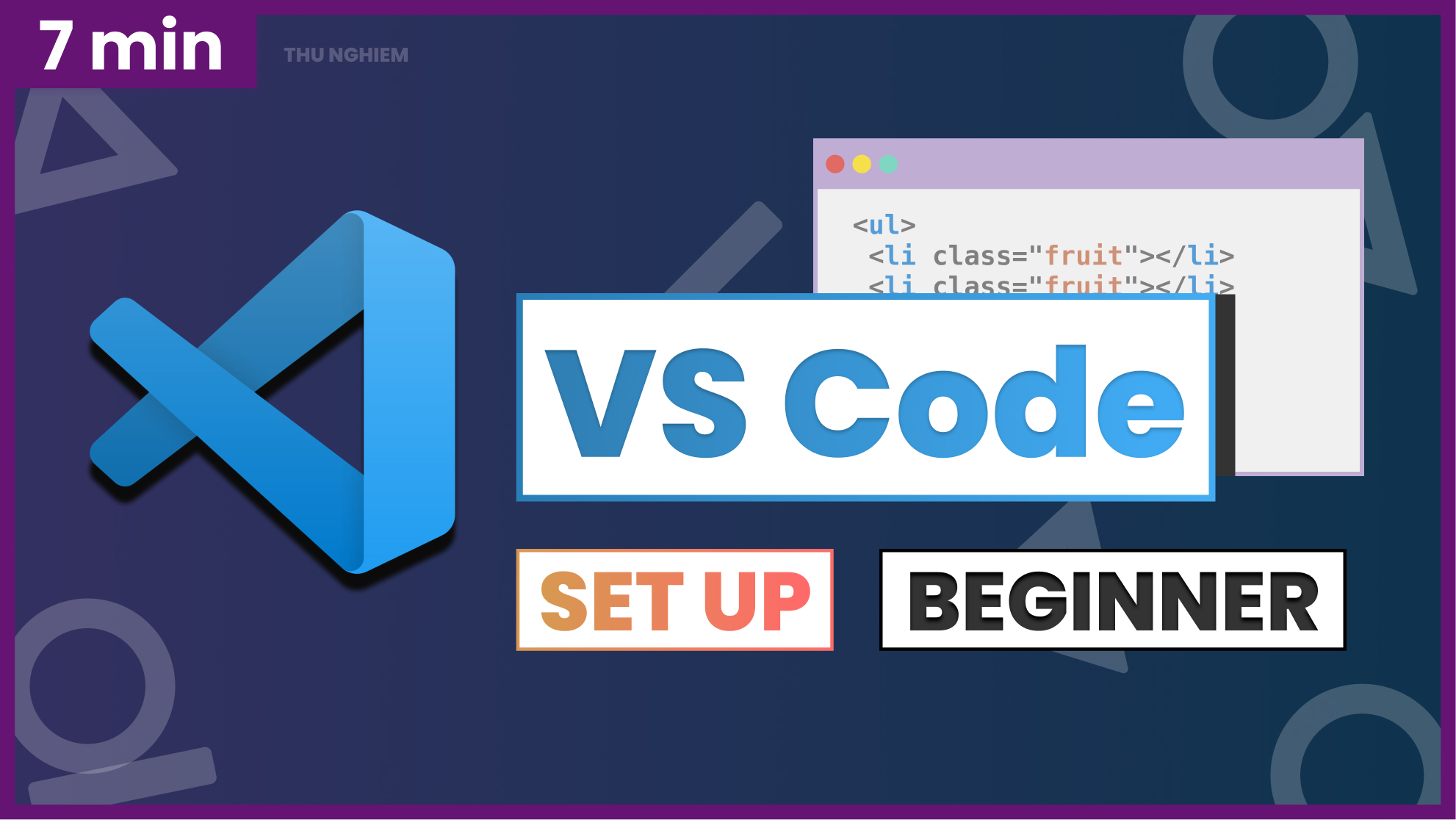
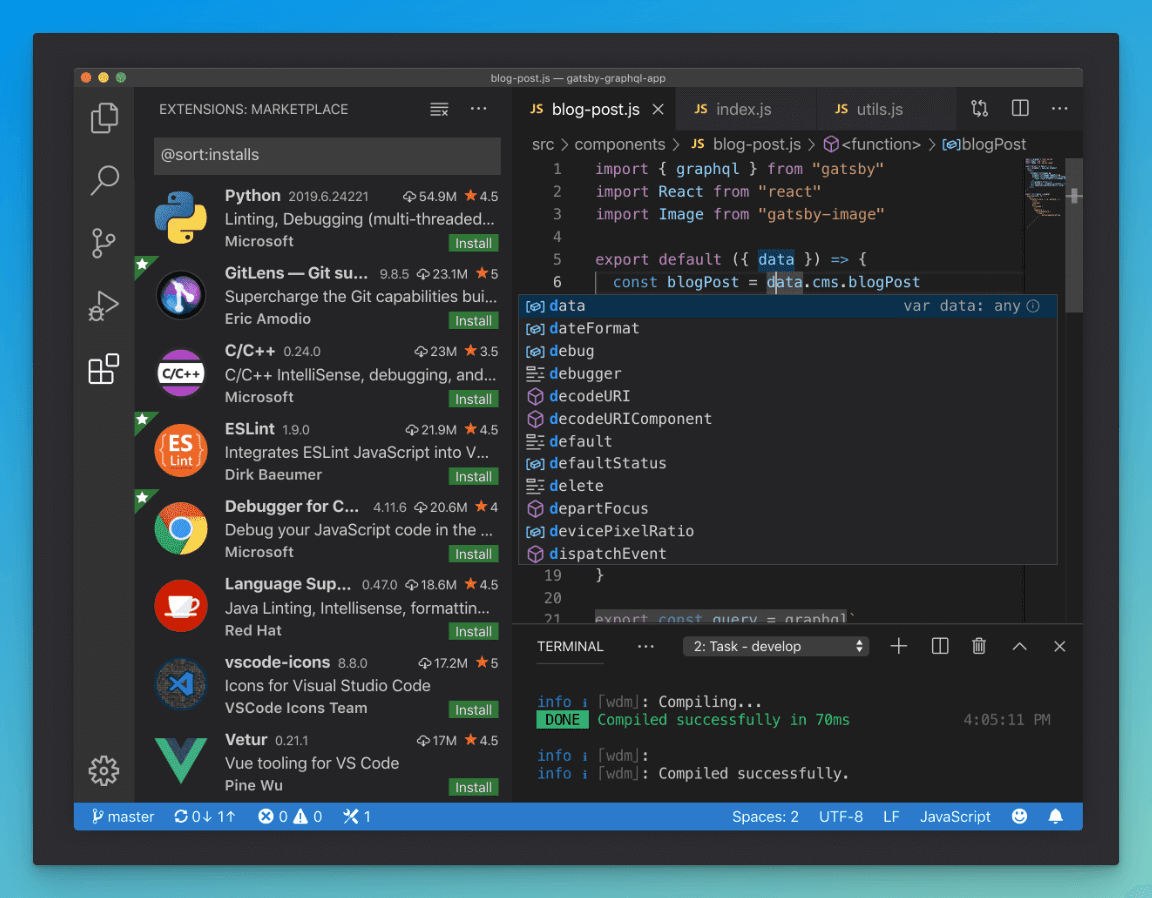

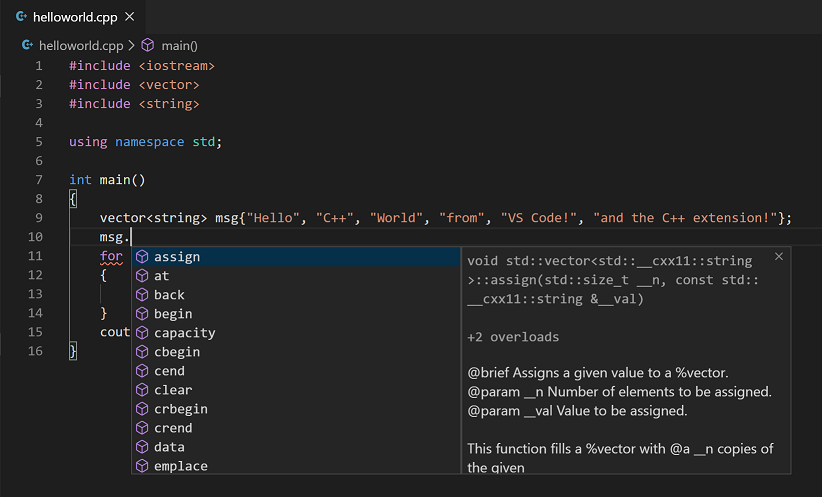
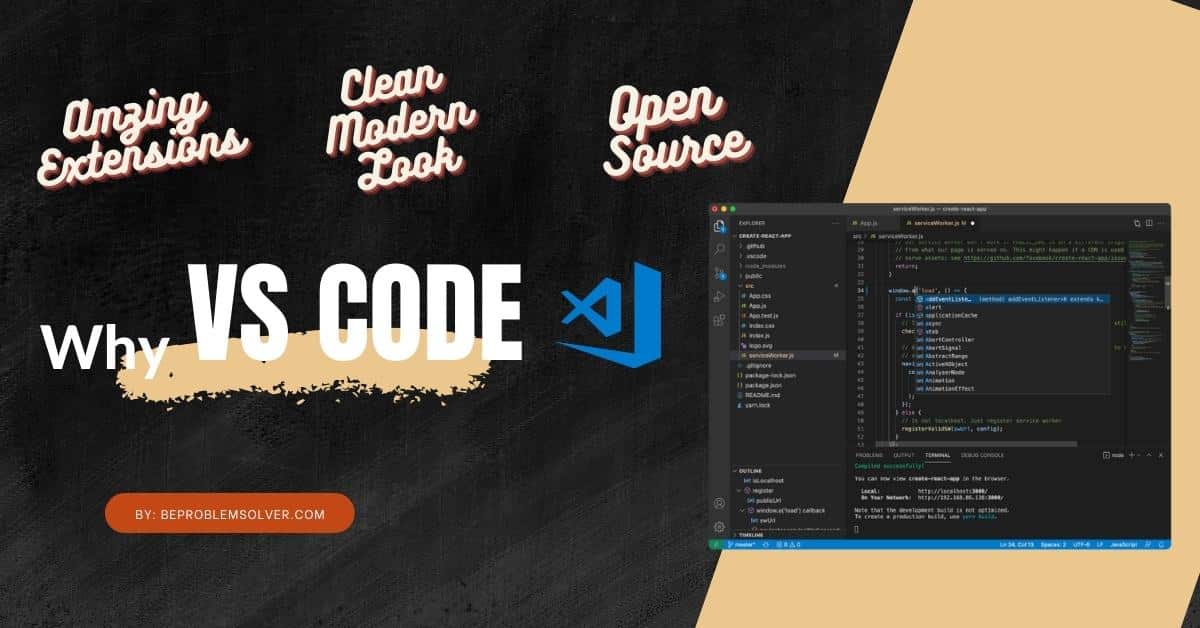
Closure
Thus, we hope this article has provided valuable insights into Navigating the World of Code Editors: A Comprehensive Guide to VS and VS Code. We hope you find this article informative and beneficial. See you in our next article!